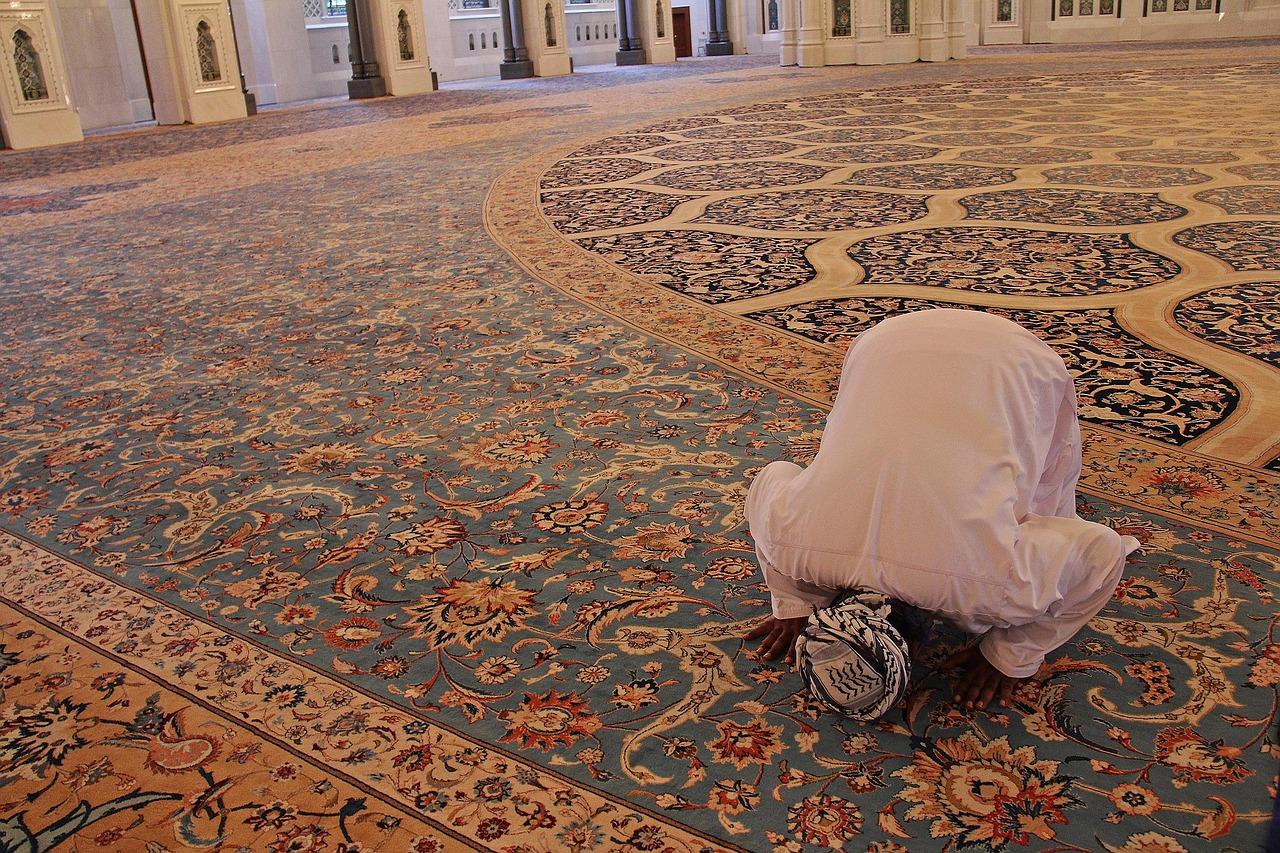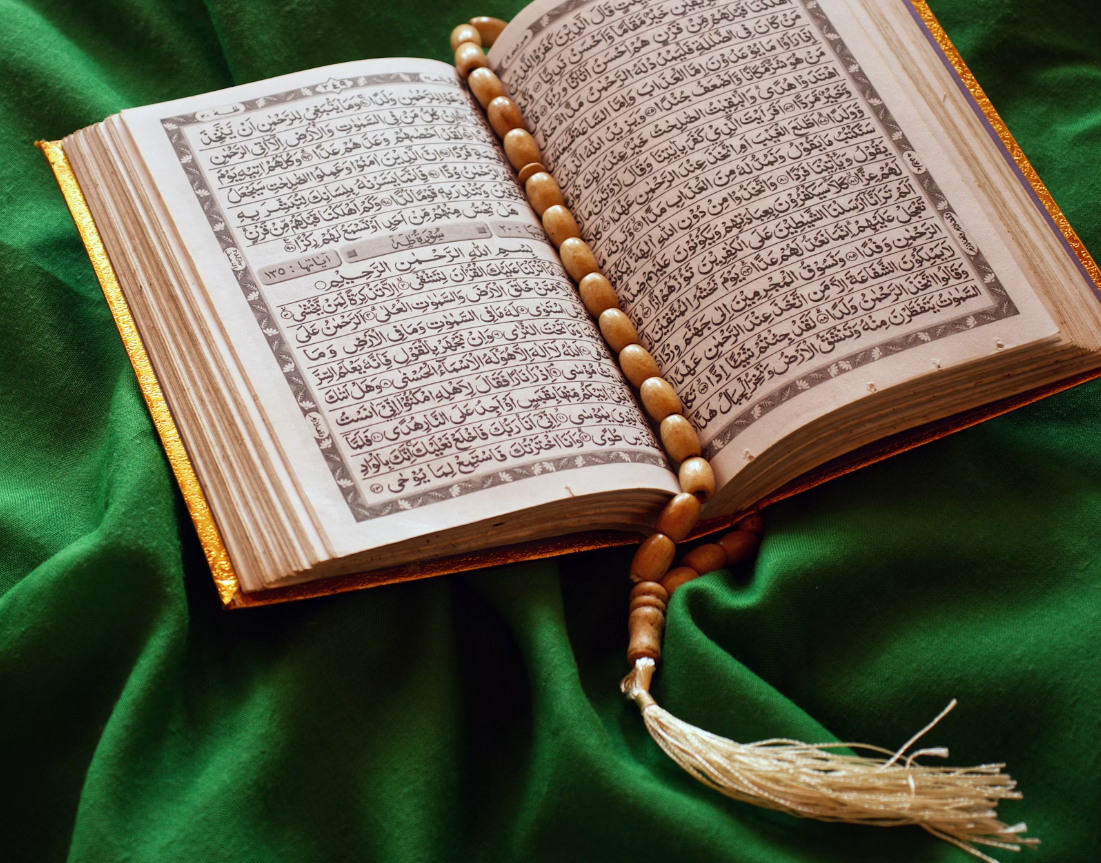
17 May, 2025
Friday (Jumu’ah) holds a special place in Islam. It is not only the best day of the week but also a weekly Eid for Muslims. The Prophet Muhammad ﷺ taught us many Sunnahs specific to this blessed day, transforming it from a routine weekday into an opportunity for spiritual growth, reward, and forgiveness.
In this article, we will explore the Sunnah of Friday in Islam, supported by authentic hadiths, and offer practical tips to implement these practices regularly.

Before exploring the Sunnah actions, we must understand why Friday is so important in Islam.
The Prophet ﷺ said:
"The best day the sun rises over is Friday. On it, Adam was created, on it he was made to enter Paradise, and on it he was expelled from it. And the Hour will not be established except on a Friday."
— Sahih Muslim (854)
This hadith makes it clear: Friday is the most virtuous day of the week and a reminder of the beginning and the end of mankind’s journey.
Here are the main Sunnah acts to observe on Friday, with evidence from authentic sources.
1. Performing Ghusl (Ritual Bath)
The Prophet ﷺ said:
"Ghusl on Friday is obligatory (wājib) upon every adult."
— Sahih al-Bukhari (877), Sahih Muslim (846)
Many scholars interpret this as strongly recommended (confirmed Sunnah), not obligatory in the legal sense, but still a highly emphasized act for cleanliness and respect before Jumu’ah prayer.
2. Using Siwak (Tooth-stick)
The Prophet ﷺ was keen on cleanliness, especially on Fridays:
"If I had not found it difficult for my Ummah, I would have ordered them to use the siwak before every prayer."
— Sahih al-Bukhari (887)
On Friday, using the siwak or brushing the teeth is part of preparing oneself for the day.
3. Wearing Clean and Good Clothes
While there's no hadith specifying a uniform, the Prophet ﷺ would wear his best clothes on Fridays.
"Whoever takes a bath on Friday and wears his best clothes, and applies perfume if he has any, then comes to Friday prayer..."
— Sunan Ibn Majah (1095), Hasan by Al-Albani
This demonstrates the importance of presenting oneself well for Jumu’ah as a form of honoring the day.
4. Reciting Surah Al-Kahf
One of the famous Sunnahs of Friday is the recitation of Surah Al-Kahf.
"Whoever recites Surah Al-Kahf on Friday, it will illuminate him with light from one Friday to the next."
— Sunan al-Kubra by al-Bayhaqi, classed Hasan by Al-Albani
You can recite it anytime after Maghrib on Thursday night until Maghrib on Friday.
5. Sending Salawat (Blessings) upon the Prophet ﷺ
The Prophet ﷺ said:
"Increase your sending of blessings upon me on the day and night of Friday."
— Sunan al-Bayhaqi, Sahih by Al-Albani
Sending salawat (e.g., اللهم صل على محمد) is a powerful act of love and remembrance, and its reward is magnified on Fridays.
6. Making Duʿāʾ During the Last Hour
Friday includes an hour during which duʿāʾ is accepted without doubt.
"There is an hour on Friday in which no Muslim stands and prays and asks Allah for something but He will grant it to him."
— Sahih al-Bukhari (935), Sahih Muslim (852)
Most scholars believe this hour is the last hour before Maghrib. Make time for focused supplication.
7. Going Early to Jumu’ah Prayer
The Prophet ﷺ said:
"Whoever goes in the first hour (early) to Jumu’ah is like one who offers a camel in sacrifice…"
— Sahih al-Bukhari (881), Sahih Muslim (850)
Arriving early demonstrates eagerness for reward and allows time for listening to the khutbah attentively.
8. Walking to the Mosque (If Possible)
"He who performs ghusl on Friday, walks to the mosque, does not ride, draws near to the imam, listens and remains silent… will have a reward for every step he takes equivalent to fasting and praying Qiyam for one year."
— Sunan Abi Dawood (345), Sahih by Al-Albani
Walking, where possible, is a beautiful and reward-filled action
✅ Forgiveness of Sins
"The five daily prayers and from one Jumu’ah to the next are expiation for what is between them, so long as major sins are avoided."
— Sahih Muslim (233)
✅ Light and Guidance
Regular observance of Friday Sunnah brings light (nūr) in one’s week and heart, as promised in the hadith of Surah Al-Kahf.
✅ Protection from Dajjal
It is narrated that reciting Surah Al-Kahf helps protect against the trial of Dajjal (Antichrist) — a test more severe than any other.

Despite its importance, many neglect some Sunnahs or commit errors, such as:
-
Arriving late to Jumu’ah.
-
Talking during the khutbah, which invalidates the reward of the prayer.
The Prophet ﷺ said: “If you say to your companion, ‘Be quiet,’ while the imam is delivering the sermon, then you have spoken idly.” — Sahih Muslim (851)
-
Skipping Ghusl and coming unprepared.
Being aware of these helps us honor this day fully.
-
Prepare for Friday on Thursday night.
-
Set a reminder to recite Surah Al-Kahf.
-
Schedule extra time for duʿāʾ before Maghrib.
-
Teach your children the virtue of Jumu’ah early.
-
Dress well and apply fragrance.
-
Arrive early, sit near the front, and listen silently.
❓ Q1: Is ghusl on Friday mandatory or Sunnah?
A: It is a strongly recommended Sunnah (Sunnah Mu’akkadah). Some scholars consider it obligatory if one attends Jumu’ah, based on hadiths in Bukhari and Muslim. It is safest to treat it as essential preparation for prayer.
❓ Q2: Can women observe the Sunnah of Friday even if they don’t attend the mosque?
A: Yes. Women can still:
-
Recite Surah Al-Kahf
-
Send salawat on the Prophet ﷺ
-
Make duʿāʾ during the last hour
-
Perform ghusl
-
Dress well for internal honor of the day
❓ Q3: What is the best time to recite Surah Al-Kahf?
A: Anytime from Maghrib on Thursday night until Maghrib on Friday. Many prefer the morning of Jumu’ah.
❓ Q4: Is the Jumu’ah khutbah part of the Sunnah of Friday?
A: Yes. Listening to the Friday sermon (khutbah) attentively is part of the Jumu’ah prayer. Speaking, using the phone, or even making gestures during it can invalidate the reward.
❓ Q5: How can I benefit from the “hour of acceptance” if I work Fridays?
A: Try to free time before Maghrib for silent duʿāʾ. Even a few sincere minutes can open the gates of mercy, as promised by the Prophet ﷺ.
The Sunnah of Friday in Islam is a treasure chest of blessings — spiritual, moral, and even social. From preparing early in the day with ghusl, to reciting Surah Al-Kahf, making duʿāʾ, and sending salawat, the Sunnahs of Friday help us live a spiritually fulfilling weekly routine that connects us to Allah and our faith.
Make the Sunnahs of Friday a habit, not a ritual, and you’ll find your week revolving around a beautiful day of worship, light, and reward.

